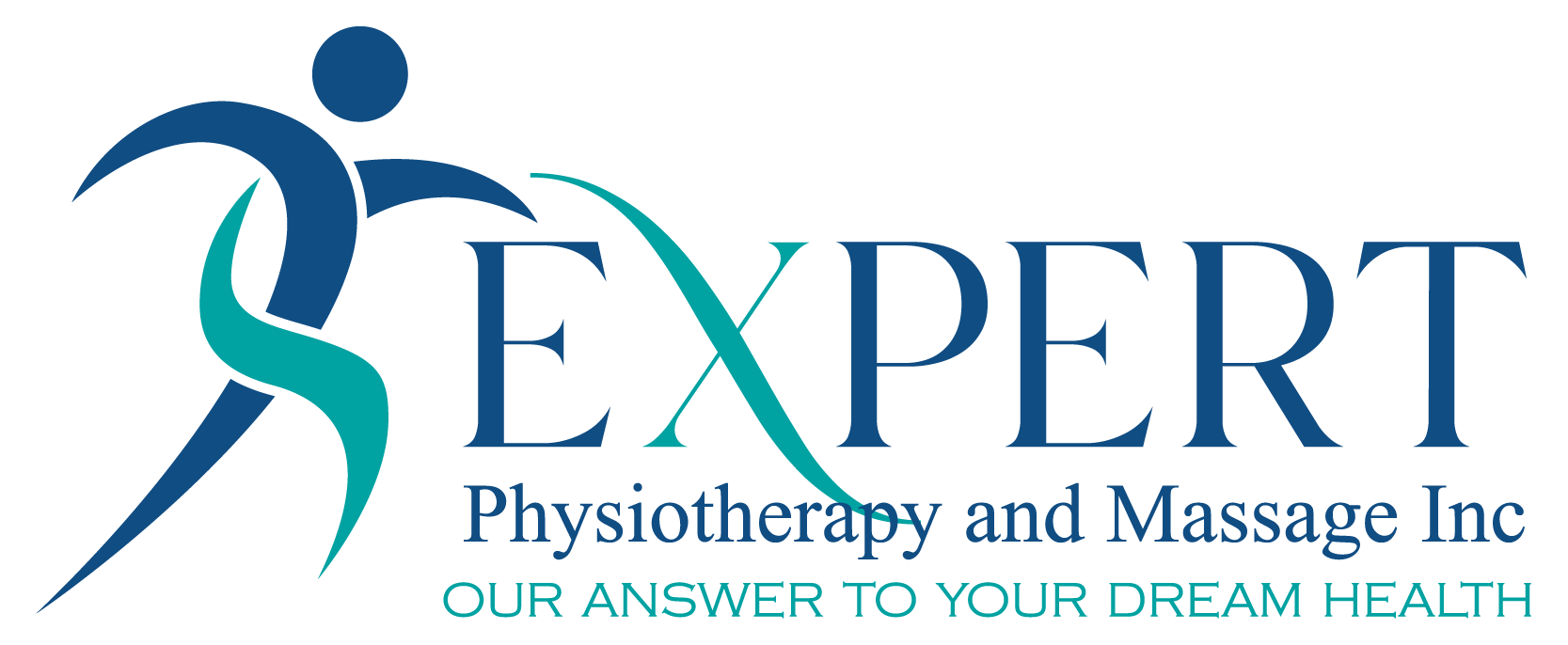What is Normal Blood Pressure?
Blood pressure is a measure of the force of blood pushing against the walls of your arteries. It is recorded as two numbers:
- Systolic pressure (top number): The pressure when your heart beats and pumps blood.
- Diastolic pressure (bottom number): The pressure when your heart is at rest between beats.
A normal blood pressure reading is typically around 120/80 mmHg.
Why is Normal Blood Pressure Important?
Maintaining normal blood pressure is essential for overall health because it:
- Reduces the risk of heart disease and stroke.
- Prevents damage to arteries and vital organs such as the brain, kidneys, and eyes.
- Lowers the risk of developing conditions like heart failure or aneurysms.
How to Maintain Normal Blood Pressure
- Healthy Diet:
- Focus on a balanced diet rich in fruits, vegetables, whole grains, lean protein, and low-fat dairy.
- Limit sodium (salt) intake to less than 2,300 mg per day (or 1,500 mg for better results).
- Avoid excessive sugar and saturated fats.
- Regular Exercise:
- Engage in at least 150 minutes of moderate-intensity exercise per week, such as walking, cycling, or swimming.
- Incorporate strength training exercises at least twice a week.
- Maintain a Healthy Weight:
- Excess weight can increase blood pressure. Losing even a small amount of weight can help.
- Stress Management:
- Practice relaxation techniques like deep breathing, meditation, or yoga.
- Ensure adequate sleep (7–9 hours per night).
- Limit Alcohol and Tobacco:
- Drink alcohol in moderation (1 drink/day for women, 2 drinks/day for men).
- Avoid smoking and secondhand smoke exposure.
- Monitor Your Blood Pressure:
- Check your blood pressure regularly, especially if you have risk factors like a family history of hypertension.
When to Seek Medical Advice
- If your blood pressure is consistently above 120/80 mmHg, you may need lifestyle changes or medical treatment.
- Seek immediate care if your blood pressure is extremely high (above 180/120 mmHg) and is accompanied by symptoms like chest pain, shortness of breath, or severe headache.
Key Takeaway
A normal blood pressure reading is vital for long-term health. By adopting a healthy lifestyle, you can maintain normal levels and reduce your risk of complications. Always consult your healthcare provider for personalized advice.


